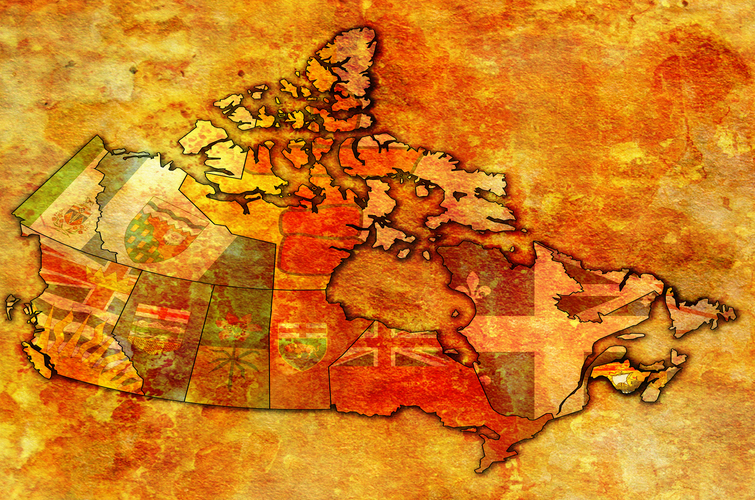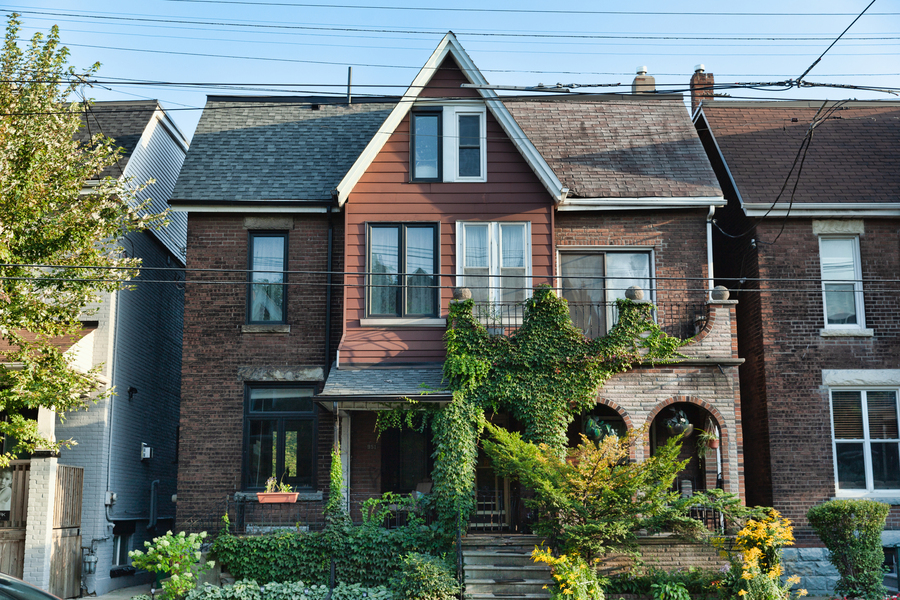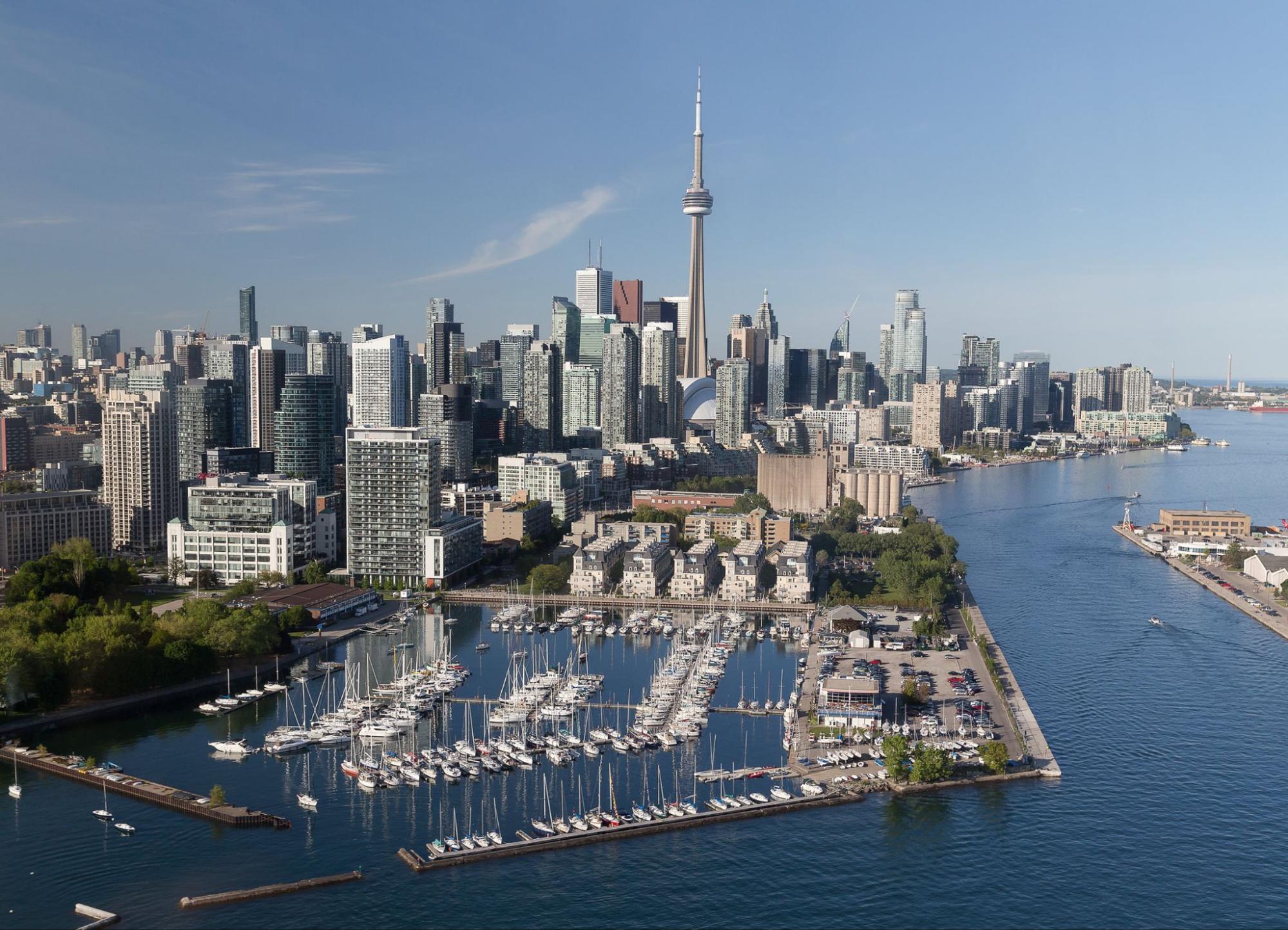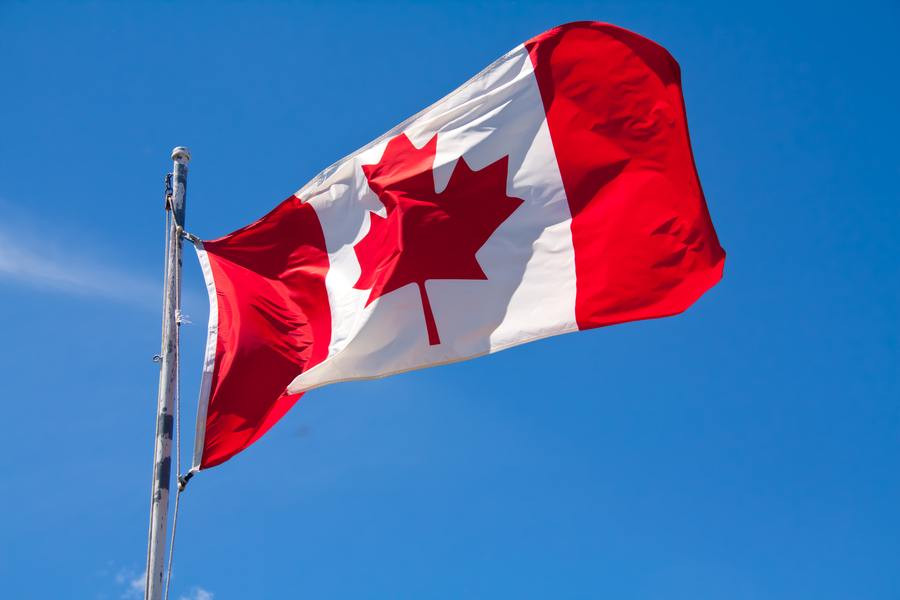Defining Middle-Class Canadians is a Sticky Wicket
How we define the middle class in Canada depends largely on whom the question is posed. If we were to pose the question to the Federal government, Statistic Canada (otherwise known as StatsCan) defined the middle class as follows:
“…The median income (after-tax) of Canadian families and unattached individuals was $62,900 in 2019. This was virtually unchanged from the previous year. Canada’s official poverty rate fell to 10.1% in 2019, down 0.9 percentage points. While these estimates are for 2019, emerging evidence for 2020 suggests that COVID-related pandemic benefits may have offset increases in low income for many Canadian families. For non-senior families, where the highest-income earner was under 65 years of age, the median after-tax income was $93,800 in 2019. Couples with children’s median after-tax income was $105,500, while the median after-tax income of female lone-parent families was $52,500…”
CBC News in their article, Who is Canada’s middle class? noted in their pursuit of defining middle-class Canadians ahead of the 2019 election, “It is sometimes loosely described as those who are neither rich nor poor — nor as individuals who are neither in the top 20 percent nor the bottom 20 percent of income earners. ” but also acknowledges that there is no official definition.
The opinions expressed by the Organization for Economic Co-operation and Development (OECD) define a member of the middle class much differently.
The OECD is an international organization whose mandate is to work with its 38 country members to shape government policies on matters from how central banks fight fraud to matters around inclusive access to justice that fosters prosperity, equality, opportunity, and well-being inclusively.
According to the OECD, the middle class of a country is anyone who earns between 75 percent and 200 percent of the median household income after tax.
For Canadians, that shakes out to be families that earn anywhere from about $45,000 to $120,000 per annual income. That’s a mighty big range for the bank accounts of the Canadian household.
A Sociologist Approach
Wolfgang Lehmann, undergraduate chair of sociology at Western University drew upon attitudes not income to define middle-class Canadians,
“Middle class is, to me, the quintessential reflection of a polite Canadian. We’re not too rich, we’re not too poor. We don’t have any particularly radical views on anything. We pay our taxes, we own a home, and we drive a car. We’re middle class.” But at the same time, he says, the middle class is no monolith. “[They] don’t have all the same opinions and attitudes about taxation, they don’t have the same opinions and attitudes about immigration. There’s a huge range of needs and experiences.”
Another take on middle-class Canadians depends on which major cities of the nation in which people live; the data shows that where you live also makes a huge difference.
A family with two parents and two children in downtown Vancouver, British Columbia, or Toronto, Ontario may require higher rates of income (aka more money) to enjoy the same quality of life as one living in, say, St.John, Edmonton, or Regina.
How Much Can a Middle-class Home Buyer Afford in Canada?
Housing affordability is a constant point of concern for Canadians. In the September 2021 Federal election, the crisis in the housing market was seen as the penultimate ballot issue.
From provinces where the housing crisis seemed to be at a fever pitch, there was a mass exodus where Canadian home buyers flocked to a more safe and affordable place in pursuit of manageable mortgage payments rather than stay in the local market where they were born and raised.
Many of those compelled to stay in provinces with above-national average home prices just can’t keep up; the average income or median income, whichever you prefer, has been outpaced exponentially by the average house price.

High Prices and Broken Dreams?
In those cities, first-time home buyers’ households are having to delay their first home purchase and are stuck renting.
Whereas others feel their dream of home ownership, regardless of credit and minimum down payment, is beyond what they will ever be able to afford.
The benchmark home prices this summer, particularly in Toronto and Vancouver reached their highest costs not just compared to last year, but in the last decade as an inventory shortage made demand skyrocket.
These disillusioned folks are resigned to the fact that the economy has sent them a sign that they’ll be facing a lifetime of rent and will remain that way regardless of their savings in the bank or cash on hand, right through to their retirement.
What is Middle-Class Affordability in Canada?
How can middle-class home buyers afford housing? Zoocasa.com surveyed 155 city centres in Canada and calculated the maximum mortgage amount that each household can qualify for.
The prices reveal that only those within the top 10% income group households can afford a house for sale in Toronto, while housing prices in Vancouver dictate that Vancouver buyers must be at least within the top 2.5% tier to afford the payment schedule required for a house at the city’s average price.
The study analyzed income requirements that prospective buyers need to qualify for a mortgage to afford the benchmark home in 13 census metropolitan areas (CMAs) across Canada.
The assumptions made were as follows: assuming a 20% down payment, a 3.75% mortgage rate, and a 30-year amortization.
The affordability findings were assessed against income tax filings as reported by Statistics Canada to determine which income group buyers must align with in order to afford local real estate. Benchmark home prices were sourced from the Canadian Real Estate Association and local real estate boards.
What is the Middle Income in Canada?
Speaking of matters of finance, the median monthly income for Canadians is now $55,700, an increase of 3.3% from 2019.
What is the Average Housing in Canada?
According to the latest data from the Canadian Real Estate Association (CREA), the national average for a single-family residential home (seasonally adjusted) as of August will now set prospective home buyers back $854,500, though affordability challenges are much more acute in the nation’s priciest markets, over the $1.37 million mark in Toronto and just shy of $2 million in the greater Vancouver area.
To echo an earlier sentiment, the size of your mortgage payments, like your property taxes (yep, you have to factor those into housing prices as well), depends largely on which of the Great White North’s beautiful cities you reside in.
If you want to do more than just visit Saskatchewan, the housing markets in that province are certainly more affordable. The single-family housing cost in this market is on average $345,100 as of August (source: CREA’s Housing Price Index-Seasonally Adjusted).
When we turn to the cities and markets in La Belle Province, Quebec’s August Single-family home prices put the average at $572,000.
What Canadian Province has the Cheapest Houses?
New Brunswick is the most finance-friendly in terms of housing prices of all of the markets in the provinces and territories.
This lovely province was the least costly province to purchase a home in. The housing market here boasts a very affordable $286,600 for a unit in its average single-family residential housing market.
It might just be time to consider connecting with a lender in New Brunswick to see what you can save with a mortgage in the eastern province if you have one in Ontario or British Columbia (particularly our nation’s city with the highest housing costs, Vancouver).
If you’re looking to stop paying rent and paying for someone else’s mortgage to purchase your first home, this may be the sign you need to save your pennies and consider the Fredericton, Moncton, or St. John’s markets.
While I’m not sure that the leadership of New Brunswick was specifically speaking to affordable housing when it decided on the provincial slogan that decries “Hope was restored”, it sure does seem rather fitting, wouldn’t you say?

Does Canada have cheap houses?
The cost of purchasing a home when factoring in the down payment, mortgage, closing costs, and the interest rate set by the Bank of Canada (the nation’s central bank) is usually quite daunting. However, some really cheap homes in Canada are available. Some, like St John, Newfoundland, fell significantly below the average, with some homes listed for under $200,000.
In conclusion, the Financial Post noted in its September 27th article entitled “Posthaste: How much income do you need to afford a home in Canada right now?” the income needed to support a mortgage to afford homes in other Canadian cities (other than Toronto and Vancouver) range from $107,570 in Halifax to $76,220 in Winnipeg according to a Ratehub.ca study.









